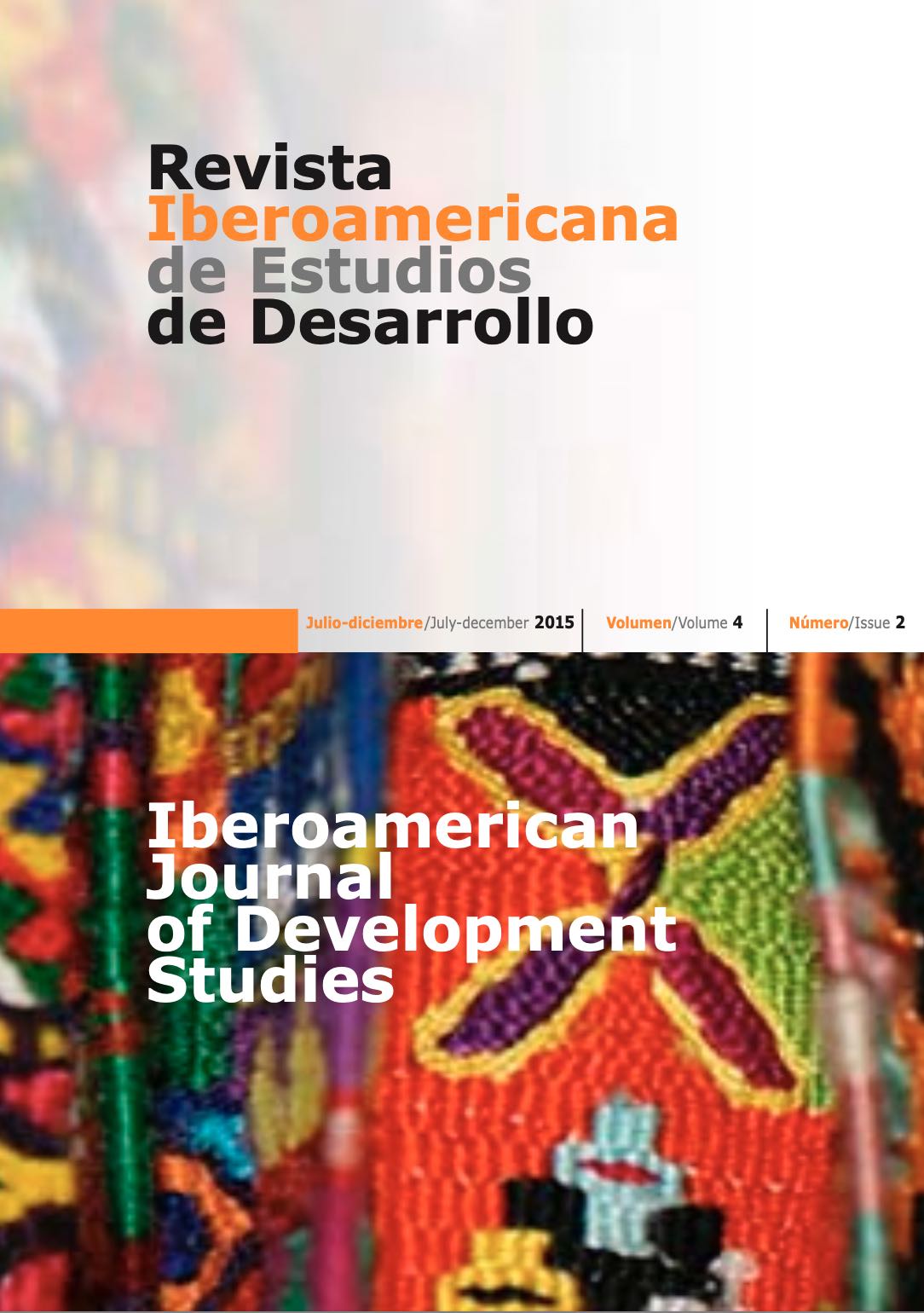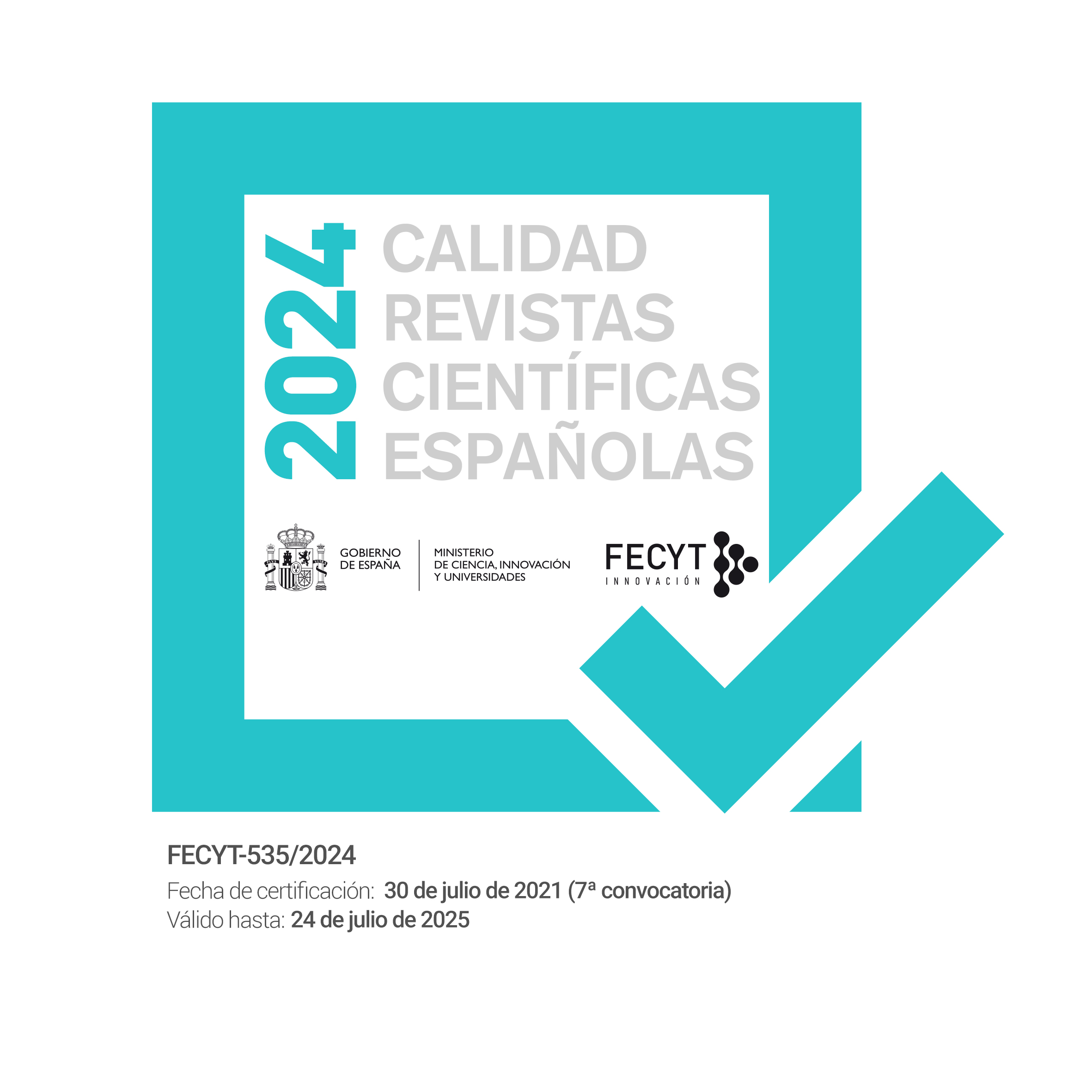Communication and citizenship empowerment in health care: a case of action-research in a polarized Venezuela
DOI:
https://doi.org/10.26754/ojs_ried/ijds.170Keywords:
communication, health, empowerment, VenezuelaAbstract
An action-research project was implemented in Venezuela from 2009-2013 to empower social activists and patients in their fight against breast cancer (BC). The project was implemented in a context of high political and social polarization of the so-called “Bolivarian revolution”. Based on an ecological perspective of health activism and communication, that encompasses the interpersonal, group and social levels, a series of activities were celebrated to develop the advocacy capabilities of citizens, especially women, expand the collaborative networks among different stakeholders, and promote a consensual view between social and institutional actors about a national response to fight BC. A horizontal and participatory communication allowed that the voice of usually marginalized actors was heard in the process of shaping health care policy.
Downloads
References
ALVARADO M (2014). Alianza Social por la Salud. Provea, 27 de marzo. http://www.derechos.org.ve/2014/03/27/marino-alvarado-alianza-social-por-la-salud/. Fecha de acceso: 23 de abril de 2015.
ANDERSEN M R, ANKERST D P, BOWEN D J, MCGREGOR B A, MCTIERNAN A, YASUI Y. (2004). Optimism, perceived risk of breast cancer, and cancer worry amonga community-based sample of women. Health Psychology 23(4):339-344.
BAILEY R (2012, 29 de octubre). Deportivo Tachira match abandoned after fans riot over pink Breast Cancer Awareness kit. Yahoo News. http://sports.yahoo.com/blogs/soccer-dirty-tackle/deportivo-tachira-match-abandoned-fans-riot-over-pink-181919490--sow.html. Fecha de acceso: 11 de noviembre de 2012.
BELTRÁN L (1980). A farewell to Aristotle: Horizontal communication. Communication 5:5-41.
BELTRÁN L R (1994). La salud y la comunicación en Latinoamérica: Políticas, estrategias y planes. En: UNESCO-OPS. Por una política de comunicación para la promoción de la salud en América Latina. OPS, Quito, Ecuador, pp. 29-90.
BELTRÁN SALMÓN L R (2010). Comunicación para la salud del pueblo. Una revisión de conceptos básicos. Estudios sobre las Culturas Contemporáneas. Época II, XVI(31):17-65.
BISBAL M (ed.) (2009). Hegemonía y control comunicacional. Editorial Alfa-UCAB, Caracas, Venezuela.
BOZA M E (2004). Desempleo en primera persona. IESA, Caracas, Venezuela.
BRASINGTON A, TAPIA M, VAN LITH L. (2007). Involving those directly affected in health and development communication programs. Health Communication Partnership based at the John Hopkins Bloomberg School of Public Health/ Center for Communication Programs, Baltimore.
BRIGSS C L, MANTINI-GRIGGS C. (2008). Misión Barrio Adentro. Medicina Social, Movimientos Sociales de los Pobres y Nuevas Coaliciones en Venezuela. Salud colectiva 3(2). Fecha de acceso a la versión online: 23 de abril de 2015.
BRIGGS C L, MANTINI-BRIGGS, C. (2009). Confronting health disparities: Latin American social medicine in Venezuela. American Journal of Public Health 99(3):549-555.
BUKI L P, BORRAYO E A, FEIGAL B M, CARRILLO I Y (2004). Are all Latinas the same? Perceived breast cancer screening barriers and facilitative conditions. Psychology of Women Quarterly 28(4):400-411.
CANCELO SANMARTÍN M, GADEA ALDAVE G. (2013). Empoderamiento de las redes sociales en las crisis institucionales. Revista de Comunicación Vivat Academia 124:21-33. Cancer mortality: Researchers compare Latin American cancer mortality to other countries (2005, 6 de octubre). Women’s Health Weekly, p. 65.
DE SOUZA R (2009). Creating «communicative spaces»: A case of NGO community organizing for HIV/AIDS prevention. Health Communication 24(8):692-702.
DÍAZ POLANCO J (2006). Salud y Hegemonía Regional: Las relaciones Venezuela- Cuba, 1999-2006. Foreign Affairs en español 6(4):10-12.
DURSTINE A, LEITMAN E (2009). Building a Latin American cancer patient advocacy movement: Latin American cancer NGO regional overview. Salud Pública México 51(2):316-322.
ESPINÀS OLVERA L (2003). Análisis psicosocial de la interacción «profesional de la salud»/«paciente»/«familiar». Un ejemplo: el caso de los foros virtuales de autoayuda en cáncer. Athenea Digital 4. http://atheneadigital.net/article/view/112/112. Fecha de acceso: 23 de abril de 2015.
ESTERBERG K G (2002). Qualitative methods in social research. McGraw-Hill, Boston, MA.
FEO O, CURCIO P (2004). La salud en el proceso constituyente venezolano. Revista Cubana de Salud Pública 30(2). http://scielo.sld.cu/scielo.php?pid=S0864-34662004000200008&script=sci_arttext&tlng=pt . Fecha de acceso: 23 de abril de 2015.
FEO O, SIQUEIRA C E (2004). An alternative to the Neoliberal model of health: The case of Venezuela. International Journal of Health Services 34(2):365-375.
FIGUEROA M E, KINCAID L D, RANI M, LEWIS G, GRAY-FELDER D (2002). Communication for social change: An integrated model for measuring the process and its outcomes. Health Communication Partnership based at the John Hopkins Bloomberg School of Public Health/Center for Communication Programs and Rockefeller Foundation as part of their Communication for Social Change Grantmaking Strategy, Baltimore.
FREIRE P (1970/2000). Pedagogy of the Oppressed. The Continuum International Publishing Group Ing., Nueva York, NY.
FREITEZ A. (2003). La situación demográfica de Venezuela a inicios del tercer milenio. Temas de Coyuntura, IIES-UCAB 47:45-92.
GONZÁLEZ M J (2005). Políticas de salud en Venezuela: Ni lo urgente, ni lo importante. Anales Venezolanos de Nutrición 18(1):39-44.
HARVARD MEDICAL SCHOOL’S CENTER OF EXCELLENCE IN WOMEN’S HEALTH (2007). Black women’s attitudes about the links between breast cancer and obesity. Boston, MA.
HIVON M, LEHOUX P, DENIS J L, ROCK M (2010). Marginal voices in the media coverage of controversial health interventions: how do they contribute to the public understanding of science? Public Understanding of Science 19:34-51.
HUMAN RIGHTS WATCH (2008). A Decade Under Chávez. Political Intolerance and Lost Opportunities for Advancing Human Rights in Venezuela. Human Rights Watch, Washington, DC.
IEDEMA R, DEGELING P, BRAITHWAITE J, WHITE L (2003). «It’s an Interesting Conversation I’m Hearing»: The Doctor as Manager. Organization Studies 25:15-33.
INTERNATIONAL AGENCY FOR RESEARCH ON CANCER (2008). Globocan 2008: Fast stats. http://globocan.iarc.fr/factsheet.asp#WOMEN . Fecha de acceso: 11 de noviembre de 2012.
IRIART C, MERHY E E, WAITZKIN, H (2001). Managed care in Latin America: the new common sense in health policy reform. Social Science & Medicine 52:1243-1253.
ISRAEL B A, SCHULZ A J, PARKER E A, BECKER A B (1998). Review of communitybased research: Assessing partnership approaches to improve public health. Annual Review of Public Health 19(1):173-202.
KIM S-H, WILLIS L A (2007). Talking about Obesity: News Framing of Who Is Responsible for Causing and Fixing the Problem. Journal of Health Communication 12:359-376.
MPPS (2008). Anuario de Mortalidad. Ministerio del Poder Popular de la Salud, Caracas, Venezuela.
MPPS (2011). Anuario de Mortalidad. Ministerio del Poder Popular de la Salud, Caracas, Venezuela.
NAHÓN-SERFATY I. (2005). Le discours sur la réforme de la santé au Vénézuela: la transition Chávez (1999-2001). Thèse de doctorat en Communication. Université de Montréal, Montréal, Canadá.
NIGENDA G, GONZÁLEZ-ROBLEDO M C, GONZÁLEZ-ROBLEDO L M, BEJARANO R M (2011). Políticas y programas gubernamentales de atención al cáncer de mama en América-Latina: México, Colombia, Venezuela, Brasil y Argentina. Informe Final. Instituto Nacional de Salud Pública y American Cancer Society, Cuernavaca, México.
OPS (2011). Género, salud y desarrollo: Venezuela. http://www.paho.org/cdmedia/ge_cp/Venezuela.pdf . Fecha de acceso: 11 de noviembre de 2012.
ORLANDO M B, ZÚÑIGA G (2000). Situación de la mujer en el mercado laboral en Venezuela: Participación femenina y brecha de ingresos por género. Temas de Coyuntura, IIES-UCAB 41:59-97.
PINO ITURRIETA E (2013). La Revolución bolivariana: ¿principio o fin de una época? En: Bisbal, M. (coord.). Saldo en rojo. Comunicaciones y cultura en la era bolivariana. Ediciones UCAB-Konrad Adenauer Stiftung, Caracas, Venezuela, pp. 13-18.
PONCE M G (2009). La pobreza en Venezuela: Mediciones y diversidades. Presentación realizada en el taller sobre salud, mujer y telefonía celular. UCAB, Caracas, Venezuela.
PROVAN K G, SEBASTIAN J G (1998). Networks within networks: Service link overlap, organizational cliques, and network effectiveness. Academy of Management Journal 41(4):453-463.
REYNA F (2013). La Sociedad Civil en el Contexto Post Electoral. En: Bisbal, M. (coord.-ed.). La Política y sus tramas. Miradas desde la Venezuela del presente. Ediciones de la UCAB, Caracas, Venezuela, pp. 180-189.
RODRÍGUEZ C. (2004). De la revolución sandinista a las telenovelas: el caso de «Puntos de Encuentro» (Nicaragua). Investigación y desarrollo 12(1):108-137.
SCHUTT R K, CRUZ E R, WOODFORD M L (2008). Client satisfaction in a breast and cervical cancer early detection program: The influence of ethnicity and language, health, resources, and barriers. Women & Health 48(3):283-302.
SMALL S A (1995). Action-oriented research: Models and methods. Journal of Marriage and Family 57(4):941-955.
SMALL S A, UTTAL L (2005). Action-oriented research: Strategies for engaged scholarship. Journal of Marriage and Family 67(4):936-948.
SOCIEDAD VENEZOLANA DE MASTOLOGÍA (2010). La Sociedad Venezolana de Mastología en tiempo de dificultades. Carta Mastológica: Órgano Divulgatorio de la Sociedad Venezolana de Mastología 1(28):1-8. http://svmastologia.org/portal/images/stories/Cartas_Mastologicas/CM201007.pdf . Fecha de acceso: 12 de enero de 2013.
STREET R L (2003). Communicating in medical encounters: An ecological perspective. En: Thomson, T. L., Dorsely, A. M., Miller, K. I. y Parrott, R. (eds.). Handbook of health communication. Lawrence Erlbaum Associates, Londres, pp. 63-89.
VASCONCELLOS-SILVA P R, URIBE RIVERA F J, SIEBENEICHLER F B (2007). Healthcare organizations, linguistic communities, and the emblematic model of palliative care. Cad. Saúde Pública 23:1529-1538.
VILLASMIL G (2015). 5 consejos (no solicitados) de Gustavo Villasmil para Henry Ventura, el nuevo Ministro de Salud. Prodavinci, 19 de marzo. http://prodavinci.com/2015/03/19/actualidad/5-consejos-no-solicitados-de-gustavo-villasmil-para-henry-ventura-el-nuevo-ministro-de-salud/. Fecha de acceso: 23 de abril de 2015.
WHITE R A (2004). Is «Empowerment» the Answer? Current Theory and Research on Development Communication. International Communication Gazette 66(1):7-24.
WOMEN IN SYNC (ed.) (2000). Acting Locally, Connecting Globally Stories from the Regions. APC Womens Networking Support Programme, Manila, The Philippines.
YAMIN A E (2000). Protecting and promoting the right to health in Latin America: Selected experiences from the field. Health and Human Rights 5(1):116-148.
ZOLLER H M (2005). Health activism: Communication theory and action for social change. Communication Theory 15(4):341-364.
Downloads
Published
How to Cite
Issue
Section
License
Copyright (c) 2015 Isaac Nahón-Serfaty, Mahmoud Eid

This work is licensed under a Creative Commons Attribution-NonCommercial-NoDerivatives 4.0 International License.








